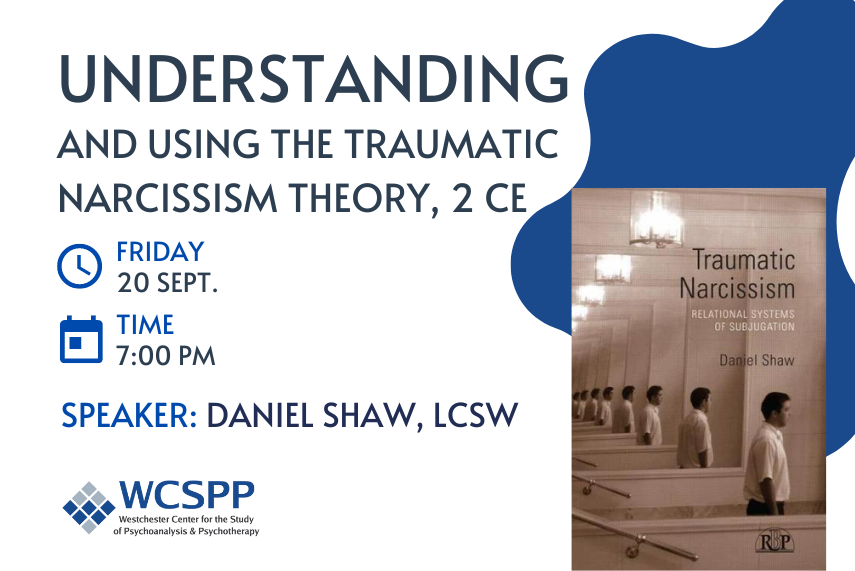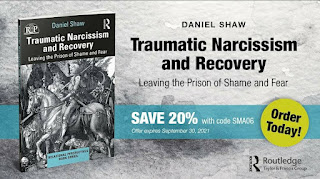"Scientology is an odd religion (If it is even a religion). My friend Lindsey Medenwaldt knows a ridiculously random amount of information about this religion. So, naturally, I couldn't resist luring her onto my channel to spill the tea on all things Scientology. Where did this "religion" come from? What do they believe? And why are so many celebrities a part of the most bizarre cult in America?"
"In this ... episode, a former Mormon Church employee who worked with confidential records and the Strengthening Church Members Committee (SCMC) comes forward to expose the behind-the-scenes machinations of the LDS Church. From secret surveillance of members to how the Church tracks and manages dissent, to how the Church handles those who ask their names to be removed, this insider reveals ... details that the Church doesn't want you to know."
Saturday, March 29th, 10am -1pm EST, Zoom
About the Event: The world is witnessing a surge of nationalist cults led by authoritarian demagogues who combine sociopathy with narcissism—malignant narcissists. Daniel Shaw developed the theory of traumatic narcissism from his experience with cult leaders and followers. After working with patients who described relationships similar to cult dynamics, Shaw profiled the traumatizing narcissist and how they use undue influence to subjugate and exploit others.
Shaw explores the traumatizing narcissist's "delusion of omnipotence" and outlines eight controlling behaviors they use to construct systems of subjugation. Anticipating his third book on the topic, Shaw's presentation will clarify for clinicians how to identify traumatizing narcissists and address challenges when working with their subjugated victims.
As more patients report abuse by unregulated figures—coaches, wellness gurus, psychics, healers, and facilitators of psychedelic journeys—the need for clinicians and patients to understand who the traumatizing narcissist is, what they do, and why they do it has never been greater.
News, Education, Intervention, Recovery
Intervention101.com to help families and friends understand and effectively respond to the complexity of a loved one's cult involvement.
CultRecovery101.com assists group members and their families make the sometimes difficult transition from coercion to renewed individual choice.
CultNEWS101.com news, links, resources about: cults, cultic groups, abusive relationships, movements, religions, political organizations, and related topics.
The selection of articles for CultNEWS101 does not mean that Patrick Ryan or Joseph Kelly agree with the content. We provide information from many points of view to promote dialogue.
Please forward articles that you think we should add to cultintervention@gmail.com.
Thanks,
Ashlen Hilliard (ashlen.hilliard.wordpress@gmail.com)
Joe Kelly (joekelly411@gmail.com)
Patrick Ryan (pryan19147@gmail.com)
If you do not wish to be subscribed to this list, or you think you are being maliciously subscribed to the list, or have any other questions, send them to: pryan19147@gmail.com or send an email to: cultnews101+unsubscribe@googlegroups.com.











